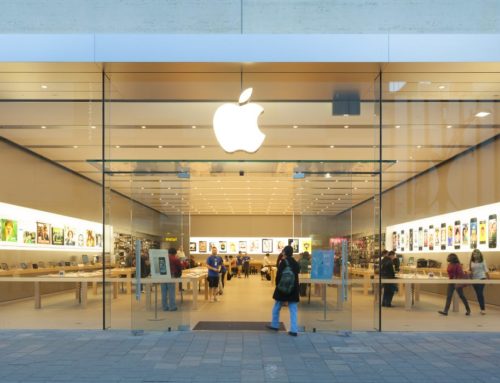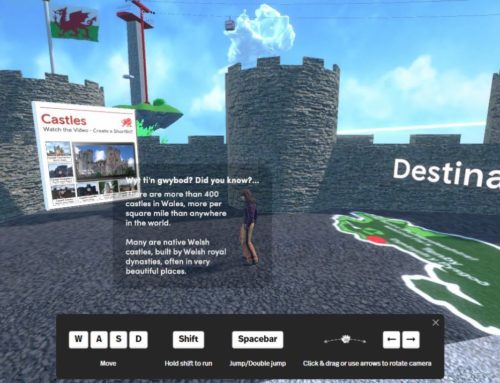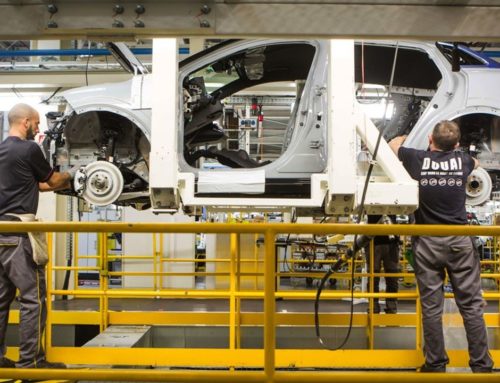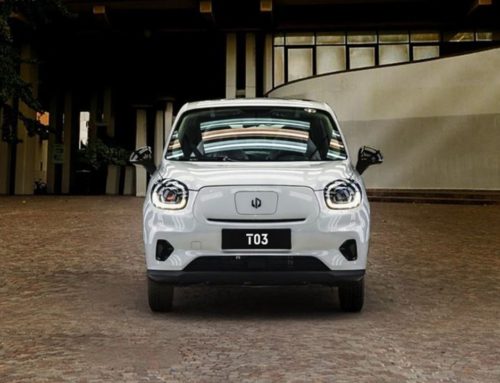
The rate of “digital upskilling” is getting quicker. For example, as part of an “end to end digitalisation” project, Unilever is providing its marketers with tools and training in digital media and delivery to ensure knowledge isn’t confined to specialists. “All marketers need to really own and be digital, and not just do digital,” the FMCG company’s chief marketing and digital officer Conny Braams told us earlier this year. Unilever’s need is illustrative of many brands, large and small, addressing the requirements of the shifting landscape.
For others, time and effort is also being invested in improving in-house capability to produce digital assets quicker and in brand tracking insight. For example, Britivic has setup a “centre of excellence” to share and enhance all things digital, from customer experience to the use of social media and creation of content.
For most, digitalisation in 2022 will mean more money invested in digital media. Many direct to consumer brands are attributing success selling online to targeted digital ad spend. According to GroupM, the amount spent on advertising to support ecommerce will increase 66% in 2021, while Zenith predicts digital channels will amount to more than 60% of global adspend for the first time next year.
Lire l’article complet sur : www.marketingweek.com







Leave A Comment